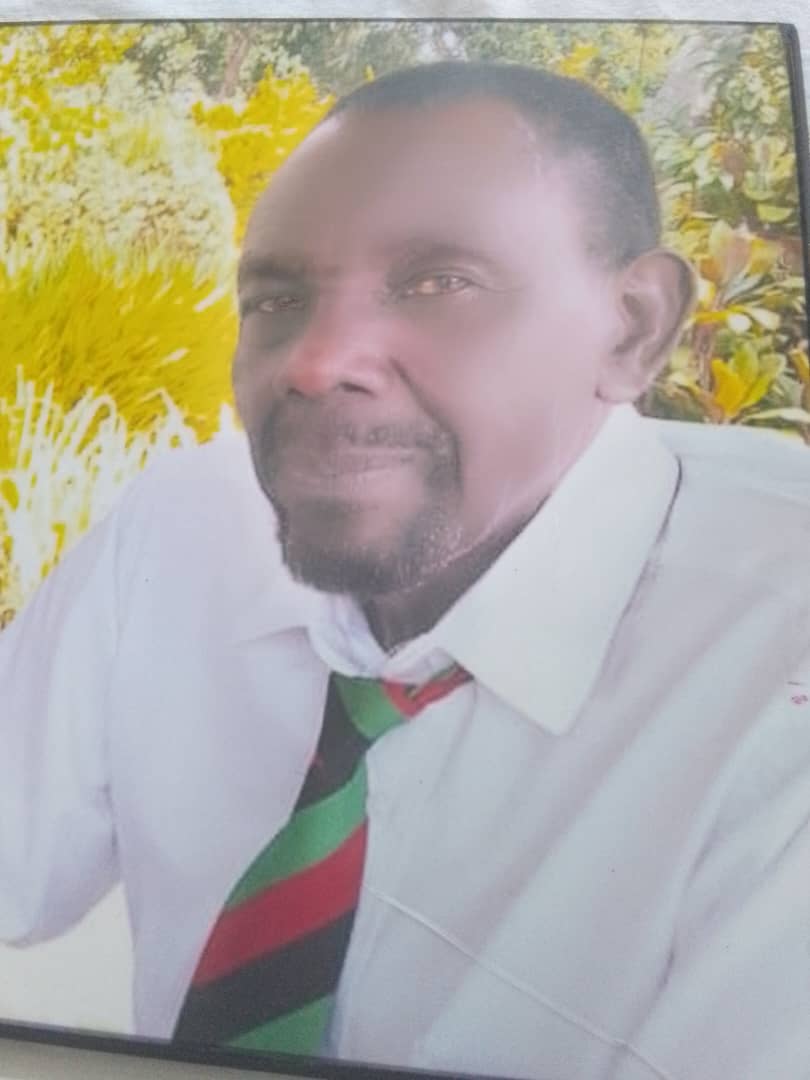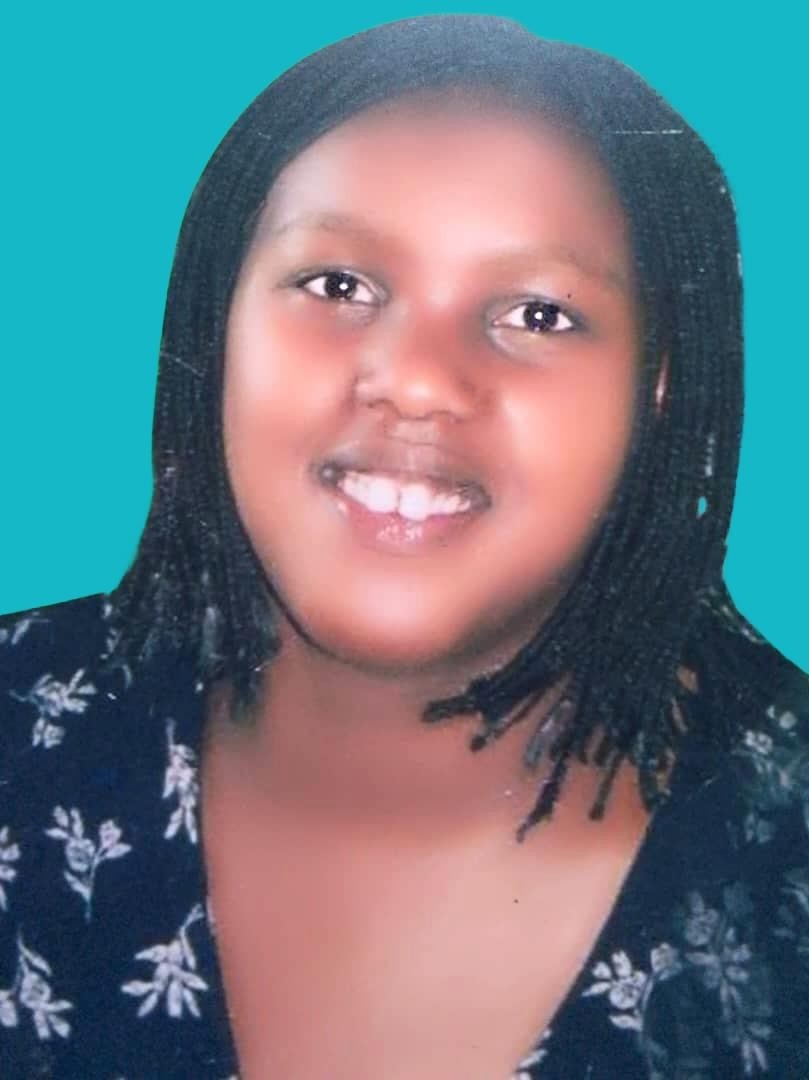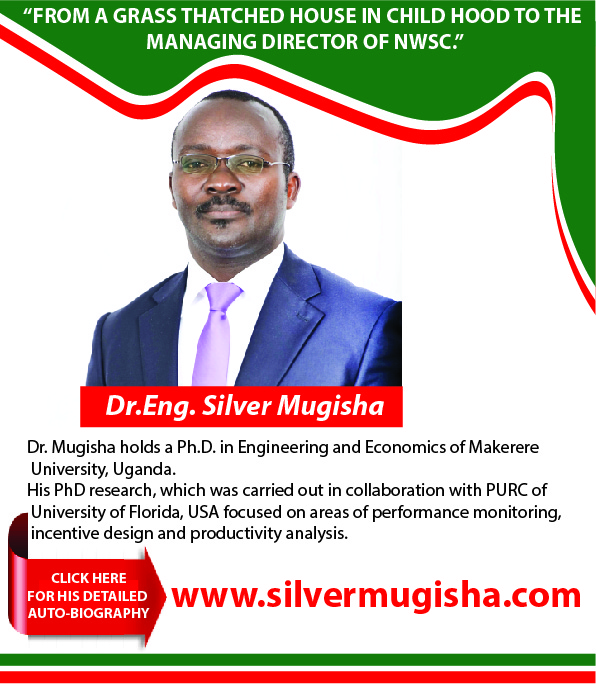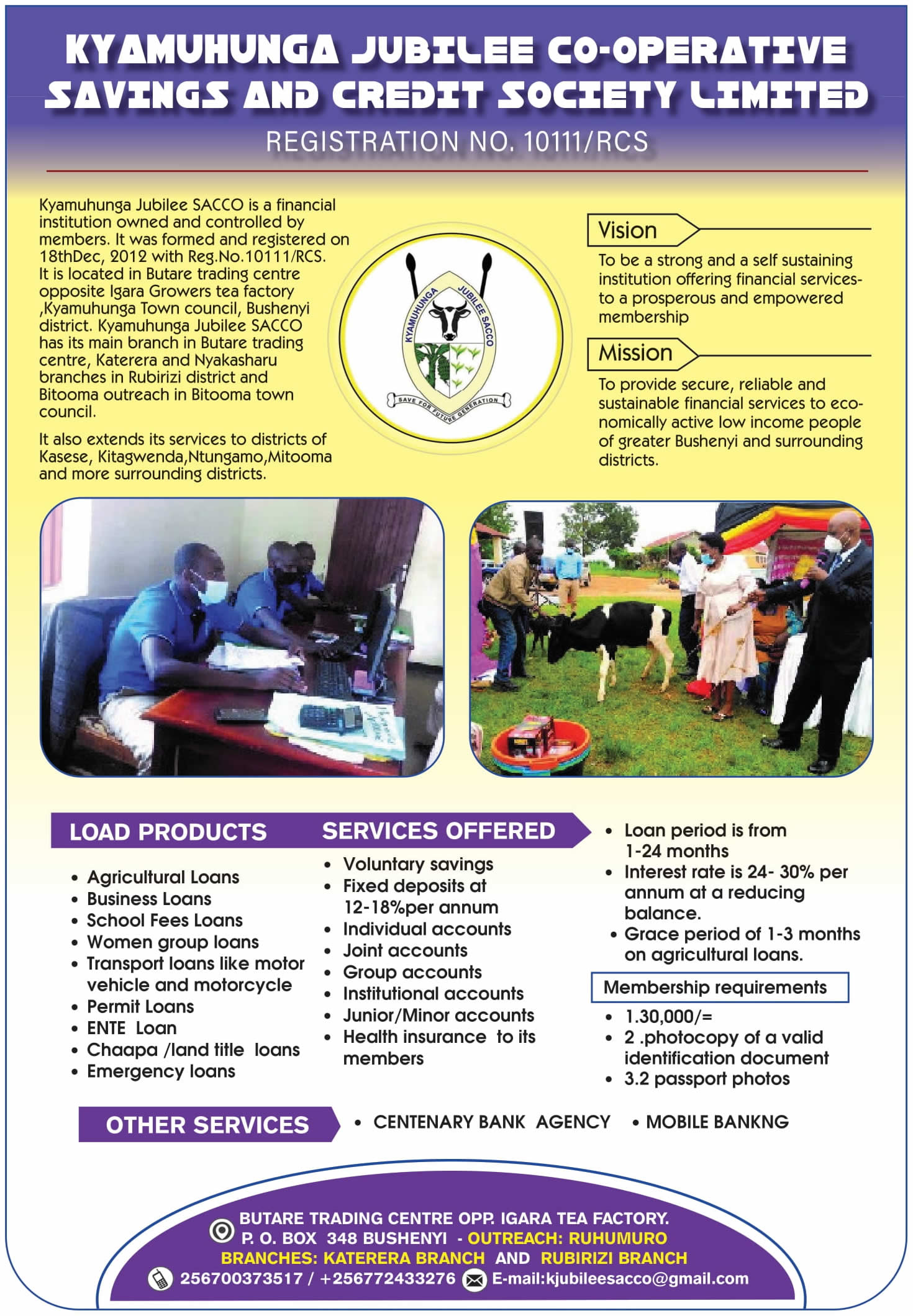BECOMING A PROFESSOR; BY EMMANUEL KARORO

BECOMING A PROFESSOR
By EMMANUEL KARORO
BECOMING A PROFESSOR
A JOURNEY OF KNOWLEDGE PASSION AND DEDICATION
EMMANUEL KARORO
2023
DEDICATION
This work is dedicated to Dr. Angela Karoro;

And anyone in Uganda and globally, who would like to rest on the pinnacle of Mt. Muhabura. May be Socrates would award one the unseen Certificate of Attainment.
TABLE OF CONTENTS
DEDICATION ……………………………………………………………………………………………………………….. ii
PURSUIT OF KNOWLEDGE …………………………………………………………………………………………. 1
QUALITIES AND CHARACTERISTICS OF A PROFESSOR ……………………………………………. 2
CHALLENGES ALONG THE WAY ………………………………………………………………………………… 3
REWARDS AND RESPONSIBILITIES ……………………………………………………………………………. 3
THE FIRST PROFESSOR OF PHILOSOPHY ………………………………………………………………….. 4
THE QUALIFICATIONS FOR BECOMING A PROFESSOR …………………………………………….. 7
A PROFESSOR’S TEACHING LOAD …………………………………………………………………………….. 9
ADDRESSING A PROFESSOR …………………………………………………………………………………….. 10
REMUNERATION ……………………………………………………………………………………………………….. 12
SHOULD ONE BECOME A PROFESSOR? ……………………………………………………………………. 12
PROFILE …………………………………………………………………………………………………………………….. 15
AWARDS …………………………………………………………………………………………………………………….. 18
PURSUIT OF KNOWLEDGE
Becoming a professor is a path that requires a deep commitment to academia, a passion for teaching, and an unwavering dedication to the pursuit of knowledge. It is a journey that demands years of education, research and experience. I will explore the steps and qualities needed for one to become a Professor, the challenges one may encounter along the way, and the rewards and responsibilities that come with this esteemed rank.
Academic Credentials
The first step in becoming a professor is to acquire the necessary academic credentials.
This includes earning a Bachelor’s degree, followed by a Master’s degree, and ultimately a Doctoral degree in the chosen field of study. These degrees serve as the foundation for expertise in a particular subject area.
A Bachelor’s degree begins an academic journey, it provides a broad understanding of the
chosen field.
A Master’s degree offers a deeper level of knowledge and often includes coursework that prepares students for more advanced research and teaching roles.
A Doctoral degree is a pinnacle of academic achievement, signifying expertise and the ability to contribute significantly to the field through original research. A Ph.D. or
equivalent terminal degree is usually required for most professorial positions. (See The
Qualifications for becoming a professor) Research Experience
Research is a fundamental aspect of academia, and aspiring professors should actively engage in research activities throughout their academic journey. This involves conducting original research, publishing research papers, and presenting findings at conferences. Research experience not only enhances knowledge but also establishes credibility within the academic community.
Teaching Experience
Teaching experience is essential for those aspiring to become Professors. Teaching Assistantships, Part-time teaching positions, Volunteer opportunities can also help individuals develop their pedagogical skills. Effective teaching involves not only conveying knowledge but also fostering critical thinking and inspiring students to learn.
QUALITIES AND CHARACTERISTICS OF A PROFESSOR
Passion for Knowledge
One of the most critical qualities of a Professor is an unquenchable thirst for knowledge. Professors are lifelong learners who constantly seek to expand their understanding of their field and related disciplines.
Strong Communication Skills
Effective communication is a cornerstone of successful teaching and academic
collaboration. Professors must convey complex ideas clearly and engage students and
colleagues in meaningful discussions.
Dedication to Research
A commitment to research is vital, as Professors are expected to contribute to the development of knowledge in their field. This dedication involves rigorous methodology,
continuous exploration and a willingness to tackle complex problems.
Patience and Empathy
Professors often work with diverse groups of students, each with unique learning styles and challenges. Patience and empathy are essential qualities that help foster a positive
and inclusive learning environment.
CHALLENGES ALONG THE WAY
Becoming a Professor is a demanding journey, and it comes with its fair share of
challenges.
Competitive Academic Landscape
The academic job market can be highly competitive, with many qualified candidates vying for limited positions. Landing a Professorial position can be challenging and may
require multiple post-doctoral appointments.
Balancing Teaching and Research
Professors must find a balance between teaching and research, which can be challenging. Teaching commitments, administrative duties, and research responsibilities often compete for their time and attention.
Publishing Pressure
Publishing research is a significant part of the academic world. There can be pressure to
consistently produce high-quality research papers and secure research funding, which can be stressful.
REWARDS AND RESPONSIBILITIES Intellectual Freedom
One of the most rewarding aspects of being a Professor is the intellectual freedom to
explore, question, and pursue knowledge in one’s chosen field. Professors have the privilege of shaping the direction of their research and teaching.
Impact on Students
Professors play a crucial role in shaping the future by imparting knowledge and critical thinking skills to their students. Witnessing the growth and success of students can be immensely gratifying.
Contribution to Knowledge
Through research and scholarly contributions, Professors advance human understanding and make significant contributions to their fields. This intellectual legacy can have a lasting impact.
Mentorship
Professors often serve as mentors to students and junior colleagues, guiding them in their academic and professional journeys. Mentorship is a responsibility that many Professors find fulfilling.
THE FIRST PROFESSOR OF PHILOSOPHY
Socrates, the renowned ancient Greek philosopher, is often regarded as the first Professor of Philosophy. Although the term professor did not exist his time, Socrates’s teaching methods and contributions to the field of philosophy laid the foundation for
what we now recognize as the role of a Professor. I will explore Socrates’s life, his unique teaching style, and the enduring impact he had on the development of education and academia, establishing him as the prototype of the modern Professor.
Socrates was born in Athens, Greece, around 470 BC. He was not born into wealth or nobility but into a modest family. Despite this, he became one of the most influential figures in Western philosophy. Socrates did not leave behind any written works, and much of what we know about him comes from the writing of his students, primarily Plato and Xenophon. His philosophical journey, marked by relentless questioning, critical thinking, and a dedication to seek the truth, has become legendary.
Socrates’s most enduring contribution to the world of education was his development of the Socratic Method. This teaching approach, which involved asking probing questions
and engaging in dialectical dialogues, remains a hallmark of effective teaching today. Socrates believed that knowledge was not something to be imparted but discovered through inquiry and critical thinking.
Questioning as a Catalyst for Learning Socrates’s method, centered on asking open-ended questions designed to stimulate critical thinking and self-examination. Instead of providing answers, he encouraged his students to explore their own beliefs, assumptions,
and reasoning.
Dialectical Dialogue Socrates engaged in dialectical dialogue with his students,
encouraging them to defend their positions, challenge their own beliefs, and ultimately arrive at a deeper understanding of the topic under discussion. This process was instrumental in refining their thinking.
Socrates’s approach to teaching and his commitment to the pursuit of knowledge left a lasting imprint on the development of academia and the role of a Professor.
The Birth of the Academy, Socrates’s most famous student, Plato, founded the Academy in Athens, which is often considered the world’s first University. The Academy embraced the Socratic Method as a central pedagogical tool, emphasizing the importance of dialogue, critical thinking, and the pursuit of knowledge.
Influence on Modern Education the Socratic Method remains a fundamental component of modern education. Instructors across various disciplines employ Socratic questioning
to foster critical thinking skills and promote active engagement in the learning process. Professors today strive to emulate Socrates by creating a dynamic and interactive learning environment.
Encouraging Intellectual Autonomy, Socrates’s emphasis on self-examination and independent thought, laid the foundation for the development of intellectual autonomy in students. Professors today aspire to empower their students to question, analyze, and synthesize information independently.
Socrates, although he did not bear the title of a Professor, can be considered in reality the first Professor of Philosophy and a pioneer in the field of education. As aforesaid, his innovative teaching methods, particularly the Socratic Method, have had a profound and
enduring impact on the way knowledge is acquired and disseminated in academia. Socrates’s legacy lives on in every classroom where critical thinking and dialectical dialogue are valued, making him a timeless example of the ideal educator.
ASAVIA WANDIRA
Prof. Asavia Wandira, Vice Chancellor Makerere University is a renown Ugandan Professor. He is the second longest serving head of Makerere University and among the few who got the chance of serving at two different intervals. I selected him, because I studied under him.
Prof. Asavia Wandira was born in 1933, in Bunyantole village, Bugweri District.
THE QUALIFICATIONS FOR BECOMING A PROFESSOR
The qualifications required to become a professor as aforesaid, can vary depending on the country, university, and academic discipline. However, there are some common qualifications and steps that individuals follow to become a Professor. Here is a general overview:
Earn a Bachelor’s degree: The first step is to complete an undergraduate degree in a
relevant field. This is usually three or four-year program, but the duration can vary.
Pursue a Master’s degree (Optional): While not always required, some academic disciplines and institutions may prefer candidates who hold a Master’s degree in addition to a Bachelor’s degree. In some cases, a Master’s degree is a stepping stone to a Doctoral program. In Uganda generally a Master’s degree is required.
Earn a Doctoral degree (Ph.D. or Equivalent): To become a Professor, a doctoral degree is required. This involves several years of advanced study and research in a specialised field. The doctoral dissertation is a significant component of this process.
Gain Research Experience: During and after completing a Ph.D. program, aspiring
Professors are often expected to engage in original research in their field. This research
experience is essential for establishing expertise in the subject matter.
Publish Research: Publishing research in peer-reviewed academic journals and presenting findings at conferences or workshops are important for building a strong academic portfolio.
Teaching Experience: Many Universities require teaching experience as part of the professorial qualifications. This may include serving as a teaching assistant during doctoral studies and, later, as a Lecturer or Associate Professor.
Networking: Building professional relationships and networks within the academic community can be beneficial. Collaborations, recommendations, and connections can help in securing academic positions.
Supervise Postgraduate Students: Most universities require the applicants to have supervised at least twenty students at Masters Level. It is also a requirement to have supervised or been External Examiner, or a Panelist to some Ph.D. Candidates at least five.
Apply for Academic Position: Once an individual has the necessary qualifications and
experience, they can start applying for academic positions, typically starting as a
Lecturer.
The Vetting Process
The vetting process for hiring a Professor involves several stages of evaluation and assessment at both the department and faculty level within a university or academic institution. The process may vary depending on the specific institution and country, but here is a general overview of the steps involved:
Department-Level Vetting
The process begins with the department declaring a vacant position, either through the university’s job postings or in academic journals and websites.
Once applications are received, the Department search committee reviews the
Application. The committee may consist of several faculty members representing different ranks and areas of expertise. They evaluate applicants based on their CVs, cover letters, research statements, teaching experience, letters of recommendations and qualifications.
The search committee shortlists a subset of candidates who meet the minimum qualifications and criteria set for the position. Shortlisted candidates are invited for interviews, either in-person or online.
During the interview process, candidates may give research presentations, teach a sample class, and participate in one-on-one interviews with members and administrators from the
department. The interview process aims at assessing candidates’ qualifications, teaching
abilities, research potential, and fit with the department’s culture.
After the interviews, Faculty members in the department look into each candidate based on teaching demonstrations, and interviews. They may also consider input from students and staff who interacted with the candidates.
Faculty-Level Vetting
Faculty-Level Evaluation: The Dean’s office may review the department’s recommendations and conduct additional evaluations. This could involve assessing the alignment of the candidates with the overall faculty’s goals and strategic priorities.
Budget and Resources: The Dean’s office may also consider budgetary constraints and
available resources when making decisions about faculty hires.
Final Approval: Once the Dean’s office is satisfied with the recommendations and
evaluations, they may provide final approval for hiring the new faculty member. This
approval often includes negotiations regarding salary, start-up funds for research, and other contractual details. Recommendations are sent to the Senate.
It’s important to note that the specific steps and procedures can vary widely between universities and even within departments. Additionally, universities may have policies and practices related to diversity and inclusion that impact the hiring process. Throughout each stage, institutions aim to ensure that the selected candidate meets the academic and institutional standards and is a good fit for the department and faculty’s goals and mission. The University Council appoints the Professor.
A PROFESSOR’S TEACHING LOAD
The teaching load of a professor can vary widely based on several factors, including the country, university or college, academic discipline, the Professor’s rank, and the
institution’s policies and priorities. There is no one-size-fits-all answer to the ideal teaching load of a Professor.
In addition to teaching and research, Professors often have service and administrative
responsibilities, such as serving on committees, advising students, and participating in departmental or university-level activities. These commitments can affect the overall
workload.
In summary, there is no fixed teaching load for professors, as it varies widely based on multiple factors. It’s essential for Professors to be aware of their institution’s specific policies and expectations regarding teaching, research, and service responsibilities.
Additionally, Professors often work with department chairs and academic administrators to negotiate their teaching load, especially when their research or other professional commitments require adjustments to their responsibilities. Ultimately, the ideal teaching load for a professor should align with their career goals, the institution’s mission, and their discipline’s norms and expectations, BUT SHOULD NOT EXCEED ONE COURSE UNIT A SEMESTER.
ADDRESSING A PROFESSOR
Addressing a Professor with the appropriate title and form of address is a sign of respect and professionalism in academic settings. The specific title and form of address may vary by country and institution, but here are some general guidelines on how to address a professor:
Professor
In many countries, Professor is a common and respectful way to address all ranks of
Professors, including Assistant Professors, Associate Professors, and full Professors. You
can use Professor followed by their last name, such as Professor Tiberondwa.
Use of Doctor for Ph.D. Holders:
If a professor holds a Ph.D. (Doctor of Philosophy) and prefers to be addressed this way, you can use Doctor followed by his last name, like Doctor Sadiq.
Use Appropriate Titles in Formal Writing:
In formal written correspondence or when citing a Professor in academic publications, it’s common to use their full academic title, such as Dr. Ado Tiberondwa or Professor
David Ssekamwa.
Respect Individual Preferences:
Some Professors may have personal preferences regarding how they are addressed. If you are unsure, it’s perfectly acceptable to ask the Professor directly how they prefer to be addressed.
Addressing Emeritus Professors:
Emeritus professors are retired but retain their academic titles. You can address them as Professor Emeritus or Dr. Emeritus, followed by their last name, like Professor Emeritus Ado Tiberondwa.
Be Polite and Respectful:
Regardless of the specific title used, the key is to be polite and respectful when addressing a Professor. Use a formal tone in academic settings, and avoid using first names unless the Professor explicitly invites you to do so.
In summary, addressing a Professor with the appropriate title and form of address is a matter of courtesy and respect in academic and professional contexts. When in doubt, it’s always a good idea to use the more formal title, as indicated above.
REMUNERATION
The remuneration (salary and benefits) of a Professor can vary significantly depending on several factors, including the country, the type of institution, public or private, the Professor’s rank or seniority, the academic discipline, and the specific university or
college. Additionally, economic conditions, cost of living, and the government policies play a role in determining professorial salaries, but a professor should be paid the salary below a Vice-Chancellor’s and Deputy Vice-Chancellor’s. One of the reasons why universities should not create many professorships. A tenured Professor is a rank given by the University, and it means if a Professor becomes Tenured, he cannot be sacked, nor for him to resign. We rarely have very few or hardly any Tenured Professors in Uganda.
SHOULD ONE BECOME A PROFESSOR?
As aforesaid, becoming a Professor is a career choice that appeals to individuals who possess a deep passion for teaching, a love for research, and a desire to contribute significantly to their chosen field of study. While not everyone is cut out for or interested in this path, there are compelling reasons why it is necessary for some to become professors. In this way, we will explore why becoming a professor can be a fulfilling and necessary choice.
Professors are as aforesaid, at the forefront of disseminating knowledge to the next generations of learners. They play a crucial role in educating students and imparting the skills and expertise required for success in various professions. By becoming a professor, one can directly influence the growth and development of future generations.
Professors are often expected to engage in research activities. This research contributes to the expansion of human knowledge, fosters innovation, and addresses pressing societal
challenges. Professors have the opportunity to make groundbreaking discoveries and advancements in their fields, which can have far-reaching implications.
Becoming a professor allows individuals to serve as mentors and role models for students. They can guide and inspire students to pursue their academic and professional goals. Mentorship is essential for fostering personal and intellectual growth in students.
Professors have the privilege of contributing to society through their research and teaching. Their work can have a direct impact on solving real-world problems, improving public policy, and enhancing the quality of life for individuals and communities.
Academia provides an environment that values intellectual freedom and encourages exploration of diverse ideas. Professors have the freedom to pursue research topics that genuinely interest them, which can lead to ground-breaking discoveries and insights.
Lifetime learning. Becoming a professor is a career that encourages lifelong learning. Professors must stay current in their fields, which means they are constantly exposed to new ideas and developments. This continuous learning can be intellectually stimulating
and personally rewarding.
Collaboration and Networking. Professors often collaborate with colleagues from around the world. The international network can lead to exciting collaborations, cross-
cultural experiences, and a broader perspective on global issues.
Tenure-track professor positions offer a high degree of job security, which can be appealing in a world where job stability is increasingly uncertain. Tenure provides professors with autonomy to pursue their research and teaching interests without fear of losing their positions.
For those who are passionate about their field of study, becoming a professor can be personally fulfilling. It allows them to immerse themselves in their subject matter, share their expertise, and make a meaningful contribution to the academic community.
Professors have the opportunity to leave a lasting legacy through their research, publications, and the impact they have on their students. They can influence the direction of their field and leave a mark on future generations of scholars.
But becoming a professor is not a career for everyone, but it is necessary for those who are driven by a deep love for learning, a desire to contribute to knowledge and society,
and a passion for educating the next generation, to become one.
BUT IT IS NOT NECESSARY FOR ONE TO BECOME A PROFESSOR. ONCE ONE HAS A BACHELOR’S DEGREE, THAT’S ENOUGH EDUCATION. YOU CAN BE ANYTHING AND GROW THROUGH RANKS AND EVEN BECOME VERY INFLUENCIAL. SO, NO NEED FOR ONE TO BECOME A PH.D. HOLDER OR PROFESSOR, UNLESS ONE WANTS TO TEACH ESPECIALLY IN UNIVERSITIES.
PROFILE
Professor Karoro, born after the Second World War, was educated at Kashenyi Primary School, Kyamuhunga Boys’ School, Mbarara High School, Kigezi High School, National Teacher’s College, Kyambogo, Makerere University and the University of Bristol. He started teaching as an Assistant Education Officer, at Kigezi High School in the Mid-
1970s. He then went to Ntare School where he taught English Language and Literature and later found his way into Higher Institutions of Learning. He became the Director of
National Teachers’ College, Kakoba for 17 years, he later transformed it into a University. While at Kakoba, he founded the Diploma in Primary Education that saw the end of Primary teachers going to upgrade to Grade Five in Australia and England. He also
rejuvenated the teaching of Kiswahili in Uganda primary and secondary schools by starting the Diploma Kiswahili courses for teachers.
Emmanuel Karoro, formerly the 1st Acting Principal of Bishop Stuart University; the Deputy Vice-Chancellor I/C, Kampala International University, Western Campus; the Deputy Vice-Chancellor, KIU-Dar-es-Salaam Campus; the Director, Ankole Western
University Project and the Vice-Chancellor Ibanda University, despite his administrative
responsibilities, never ceased teaching.
He has taught over two hundred candidates for Master of Education Candidates.
Apart from teaching, Emmanuel Karoro became a Chief Examiner, East African Examinations Council; Examiner-in-Charge, Uganda National Examinations Board, A level; an External Examiner, Mbarara University of Science and Technology – Faculty of Science Education, External Examiner, Kabale University, and External Examiner Bishop Stuart University – Masters in Education.
Karoro has supervised candidates to successful completion of their courses in various
Universities:
• Makerere University, One Candidate for Higher Diploma in Health Tutorship.
• Mbarara University of Science and Technology, Five Ph.D. Candidates in
Education, including External Examiner and being a Panelist.
• Kampala International University, WC, over Thirty Master of Education
Candidates.
• Bishop Barham University College, over Ten Master of Education Candidates.
• Uganda Christina University, two Ph.D. Candidates, as a Panelist.
Karoro, was a Pioneer member of the National Council for Higher Education. He is married to a Mulokore wife, with five children; His first daughter went to meet the Lord after she had completed her Ph.D. studies in Physics at the University of South Africa,
and his Last born Ph.D. (Law cand.) University of Harvard.
He has published over Twenty Four Articles, in Peer Reviewed Journals the latest being 2023. He has written many books including The Development of Teacher Education in Uganda, The Development of Kiswahili in Uganda, The African Novel and The Power and The Glory.
His latest textbooks due for publication are Theories and Principles of Educational
Planning, and Clinical Supervision for Teaching Practice.
Presently, Emmanuel Karoro is, a Consultant and Professor of Education at Bishop
Barham University College, and a Professor of Education teaching Theories and
Practices of Educational Planning at Uganda Christian University.
AWARDS
TANZANIA BROADCASTING CORPORATION AND UGANDA BROADCASTING CORPORATION.
UGANDA TEACHERS UNION
19
BISHOP STUART UNIVERSITY AWARD
And many other Awards
NB: This work is the second draft. If you are a Ph.D. holder or an Associate Professor or
Professor, and there is something missing, send it to my Email: e mmanu elkaroro@gmail.com . You will be acknowledged.
20






























 Views Today : 268
Views Today : 268 Views Yesterday : 745
Views Yesterday : 745 Views Last 7 days : 2895
Views Last 7 days : 2895 Views This Month : 9156
Views This Month : 9156 Total views : 1433839
Total views : 1433839 Who's Online : 6
Who's Online : 6 Your IP Address : 3.144.8.68
Your IP Address : 3.144.8.68